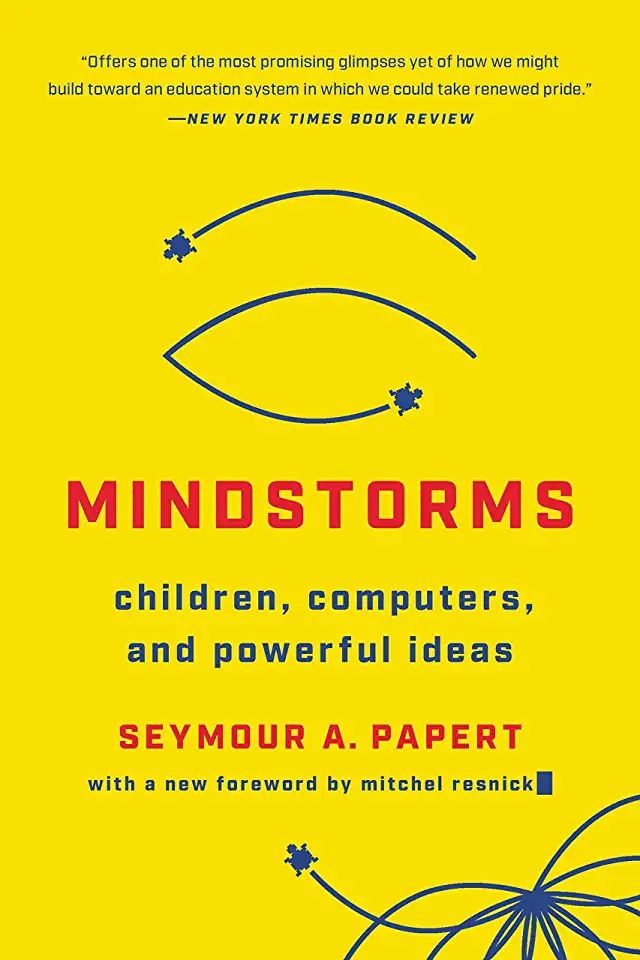
Mindstorms, Seymour Papert
Mindstorms: Children, Computers, and Powerful Ideas
A Revolutionary Approach to Learning
In his groundbreaking book, Mindstorms, Seymour Papert argues that children are not simply passive recipients of knowledge, but rather active constructors of their own understanding. He presents a powerful vision of education that is based on the idea that children learn best when they are actively engaged in exploring and experimenting with the world around them.
Learning Through Constructionism
Papert's theory of constructionism is based on the idea that children learn best when they are actively engaged in constructing their own knowledge. He argues that children are not simply blank slates waiting to be filled with information, but rather that they come to the world with a rich set of innate abilities and predispositions. These abilities include the ability to explore, experiment, and create.
When children are given the opportunity to construct their own knowledge, they are able to develop a deeper understanding of the world around them. They are also more likely to retain what they have learned and to apply it to new situations.
The Power of Computers
Papert believes that computers are a powerful tool for supporting constructionist learning. He argues that computers can provide children with a rich and engaging environment in which to explore and experiment. Computers can also help children to develop their problem-solving skills and their ability to think creatively.
The Future of Education
Papert's vision of education is one in which children are actively engaged in exploring and experimenting with the world around them. He believes that this type of education is essential for preparing children for the 21st century workforce.
Mindstorms is a must-read for anyone interested in education, child development, or the future of learning. Papert's groundbreaking ideas have had a profound impact on the way we think about learning and teaching. His book is a classic that will continue to be relevant for years to come.
Key Concepts
- Constructionism: The theory that children learn best when they are actively engaged in constructing their own knowledge.
- Exploratory learning: The process of learning by exploring and experimenting with the world around you.
- Problem-solving: The process of finding solutions to problems.
- Creative thinking: The ability to generate new ideas and solutions.
Benefits of Reading Mindstorms
- Gain a deeper understanding of how children learn.
- Learn how to create a learning environment that supports constructionist learning.
- Discover the power of computers as a tool for learning.
- Get inspired to think about the future of education.
Who Should Read Mindstorms?
- Educators
- Parents
- Child development specialists
- Anyone interested in the future of learning
Enjoyed the summary? Discover all the details and take your reading to the next level — [click here to view the book on Amazon!]